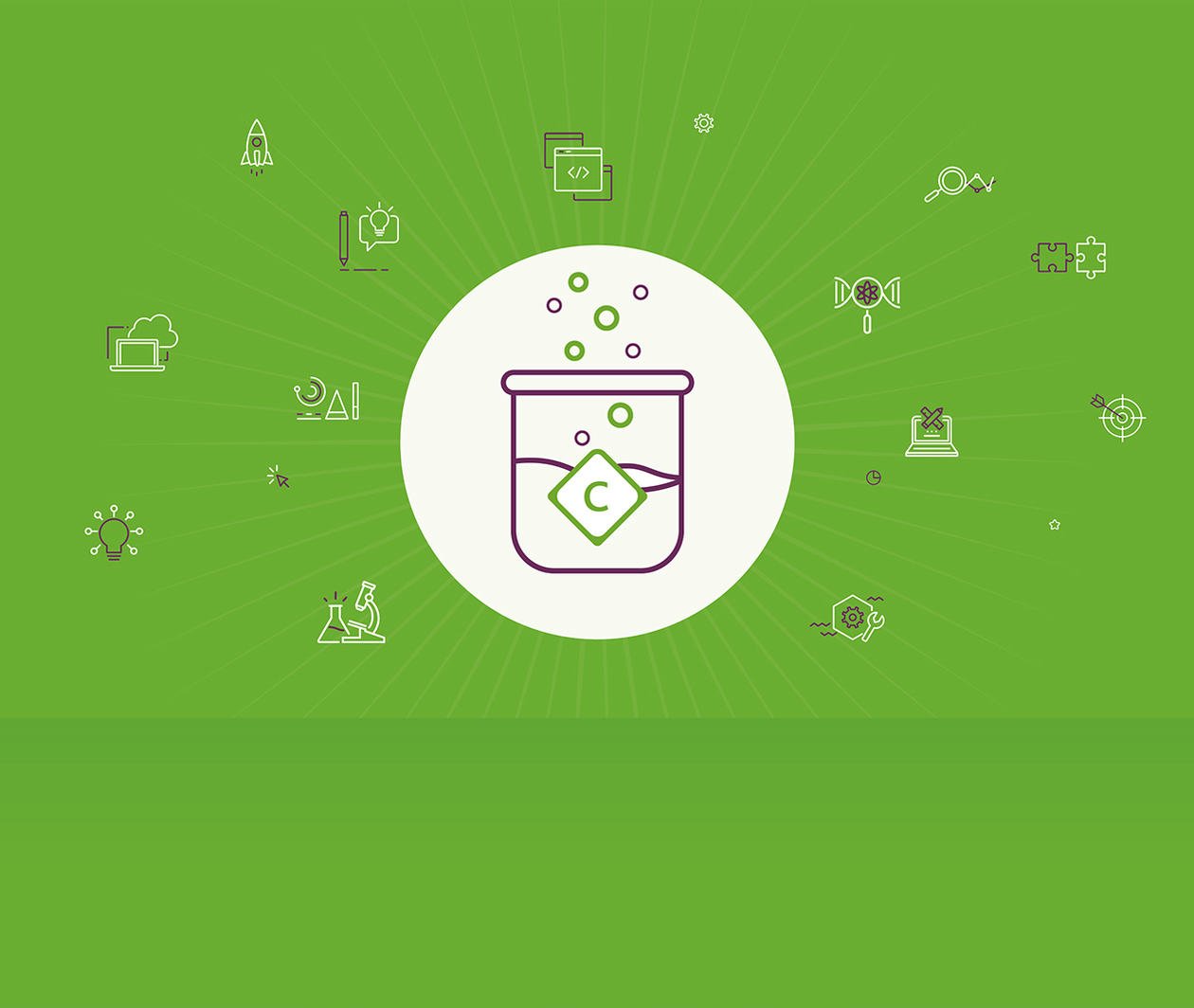Develop your knowledge of chemistry to support your pupils' learning as part of the primary science curriculum.

Duration
3 weeksWeekly study
3 hours
Teaching Primary Science: Chemistry
This course has been certified by the CPD Certification Service as conforming to continuing professional development principles. Find out more.
Other courses you might like
This course isn't running right now. We can email you when it starts again, or check out these other courses you might like.
Browse more in Teaching and Science, Engineering & Maths
Improve the way you teach primary science by building your chemistry knowledge
To teach primary science effectively teachers must have strong subject knowledge, but many primary teachers are not science experts.
On this course, you’ll explore the key knowledge required to teach the chemistry elements of the primary science curriculum.
You’ll learn about the common misconceptions and misunderstandings children may have and learn how you can help your students identify and overcome them.
You’ll discover practical activities to do with your primary school students that will help them to learn scientific concepts in a fun and engaging way.
What topics will you cover?
- Why good subject knowledge is essential when teaching primary science.
- Developing subject knowledge for the chemistry in the primary science.
- Understanding children’s misconceptions and identifying teaching strategies to identify and overcome them.
- Curriculum topics of: understanding materials and their properties; states of matter; changes of materials.
Learning on this course
On every step of the course you can meet other learners, share your ideas and join in with active discussions in the comments.
What will you achieve?
By the end of the course, you‘ll be able to...
- Identify the importance of good subject knowledge when teaching primary science.
- Develop personal subject knowledge of chemistry.
- Apply subject knowledge to class teaching of pupils aged 5-11 years old.
- Explore practical activities to teach scientific concepts in the primary curriculum.
- Identify common misconceptions children may have in primary science concepts.
- Develop teaching strategies to identify and overcome children’s misconceptions.
Who is the course for?
This course is designed for primary teachers and trainee teachers in primary education (pupils aged 5-11 years) who want to develop their chemistry subject knowledge.
The course refers to the English National Curriculum, but the subject matter is equally transferable to other curricula, and you’ll be encouraged to explore connections with your own national curriculum.
Who will you learn with?
I have been a primary school teacher for 13 years and work at Clifton With Rawcliffe Primary, York. Currently, I also work 3 days a week at the National STEM Learning Centre in the Primary PDL Team.
I am currently a Professional Development Leader at the National STEM Learning Centre in Primary STEM. I have been a teacher for 14 years, teaching classes from FS2 to Year 6.
I spent 10 years working as a primary classroom teacher, 7 as a science subject leader. I've also supported schools as a leading science teacher before joining STEM learning as a primary specialist.
What's included?
This is a premium course. These courses are designed for professionals from specific industries looking to learn with a smaller group of like-minded individuals.
- Unlimited access to this course
- Includes any articles, videos, peer reviews and quizzes
- Certificate of Achievement to prove your success when you're eligible
- Download and print your Certificate of Achievement anytime
Still want to know more? Check out our FAQs
Learning on FutureLearn
Your learning, your rules
- Courses are split into weeks, activities, and steps to help you keep track of your learning
- Learn through a mix of bite-sized videos, long- and short-form articles, audio, and practical activities
- Stay motivated by using the Progress page to keep track of your step completion and assessment scores
Join a global classroom
- Experience the power of social learning, and get inspired by an international network of learners
- Share ideas with your peers and course educators on every step of the course
- Join the conversation by reading, @ing, liking, bookmarking, and replying to comments from others
Map your progress
- As you work through the course, use notifications and the Progress page to guide your learning
- Whenever you’re ready, mark each step as complete, you’re in control
- Complete 90% of course steps and all of the assessments to earn your certificate
Want to know more about learning on FutureLearn? Using FutureLearn
Learner reviews
Learner reviews cannot be loaded due to your cookie settings. Please and refresh the page to view this content.
Do you know someone who'd love this course? Tell them about it...
You can use the hashtag #FLSTEMPrimaryScience to talk about this course on social media.

